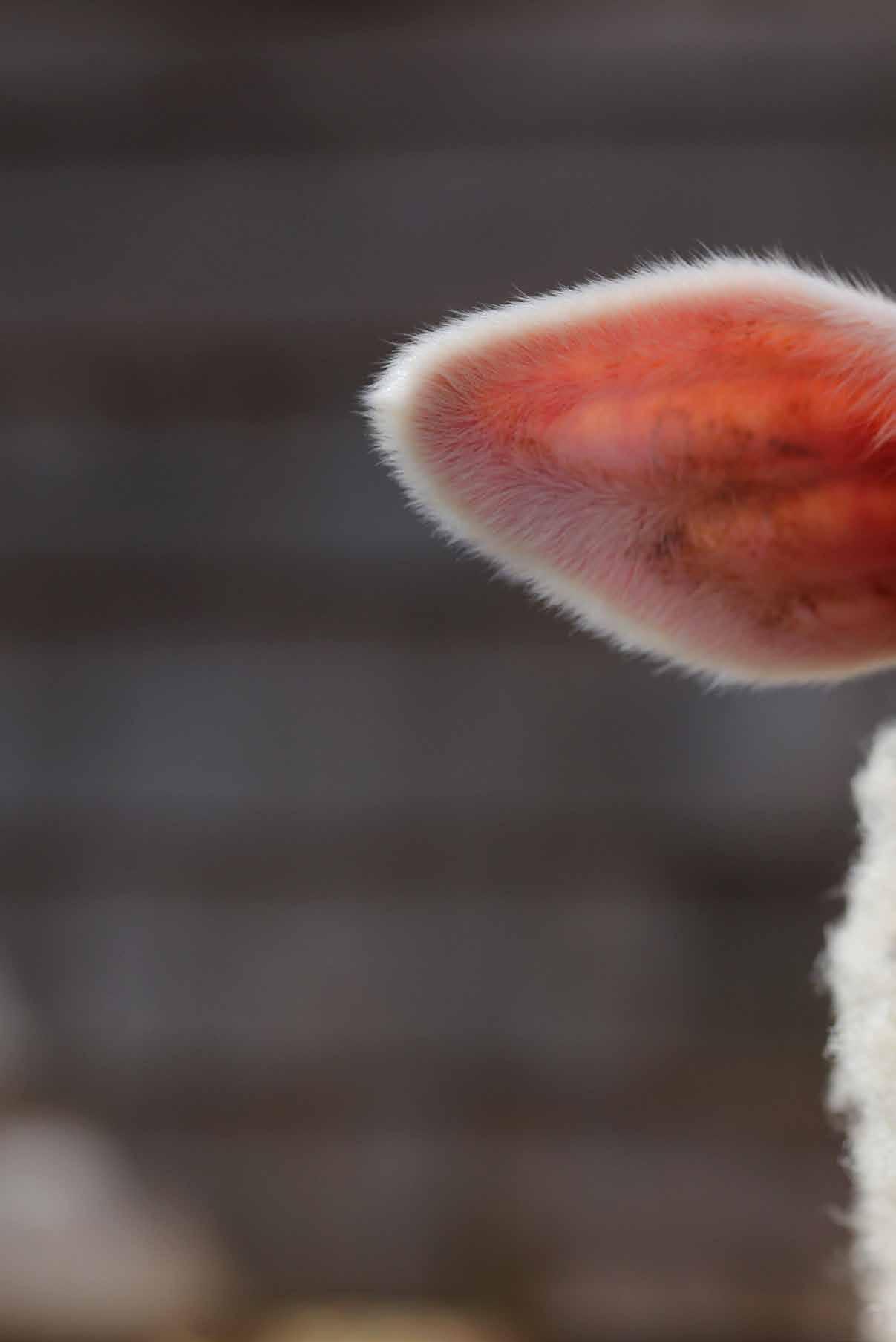4 minute read
MANAGEMENT AND GOVERNANCE
AGRICULTURAL CAMPUS TURNS FOCUS TO RESTORATION AND REBUILD PHASE AFTER COX FIRE
A FULL-SCALE RECOVERY was mobilized after a devastating fire in Cox Institute in June 2018. Contamination, humidity and water damage throughout the section known as “Old Cox” means that it now requires a complete interior rebuild. “Cox Institute is one of the main buildings on our campus — and the loss of the Old Cox portion shook us all,” says Agricultural Campus Dean and Principal David Gray. “Not only did we lose teaching and work spaces, but personal belongings were destroyed. Research was lost as well. It was devastating for our entire campus. A steering committee formed to initiate a logistics plan to restore the campus to normal operations as quickly as possible. The summer months were dedicated to relocating faculty and staff along with research programs and graduate students. Specialized contractors recovered and cleaned essential equipment and personal items from Old Cox. By utilizing space in an Athletic Centre classroom, the Alumni Theatre and the recently opened Student Learning Commons, it was possible to keep almost all classes on the main campus. For extra space for offices, research and classrooms as needed, the university leased space in the nearby Truro Mall. A free shuttle bus now carries faculty, staff and students between the mall and main campus. Staff in Jenkins Hall (the campus dining hall) made space available for a full-scale bookstore, and a new greenhouse was set up in the Demonstration Garden area to prepare for fall planting.
As well, several additional resources were dedicated to helping the campus get back on its feet. Dalhousie appointed a Fire Response Coordinator, a full-time senior resource to manage procurement and ongoing efforts to recover lab contents and equipment. A new full-time storekeeper was hired to help catalogue contents in the storage facility. A new administrative assistant was brought on to process information requests and roll out new process for equipment calibration. Additional teaching assistants, lab demonstrators and markers were put in place to support instructors. And representatives from Employee Family Assistance Program (EFAP) have been on site for support and counselling. Staff and faculty can also register for a new program offering intended to boost resilience. “A dedicated team effort was undertaken to ensure campus was ready for the fall intake of students. New-to-Dal and returning students expect and deserve educational excellence. And I’m overwhelmed by the response, and the commitment people made to ensure that staff and faculty had the essential supplies and resources they needed to kick things off on the right foot.”

MANAGEMENT AND GOVERNANCE
Ensure best practices are in place by enabling the achievement of strategic aims, value for money, sustainability and operational efficiency within the Faculty.
HIGHLIGHTS:
2014–15
− Master campus planning process to lead and inform the growth of the Faculty and campus over the next 10 years − Faculty of Agriculture Dean’s Advisory Council established − Farm Advisory Committee established.
2015–16
− Dalhousie’s Board of Governors approved a $24.2 million biomass co-generation project to replace the campus’s aging steam lines with hot water lines, replace the wood boiler add appropriate and required air quality controls and add a turbine to create electricity − The Faculty of Agriculture completed the early stages of the Campaign for
Agriculture. − The University Senate Planning and Governance Committee approved a Department restructure within the Faculty.
2016–17
− Negotiated with the Provincial Government in relation to a three-year funding agreement for the Faculty along with an accountability framework − Creation of a campus health and wellness committee following campus consultation session and review of Quality Work Life survey results − The Faculty of Agriculture undertook a Campus Master Planning process gaining approval from the Board of Governors in the spring of 2017.
2017–18
− The Campaign for Agriculture continues to gain momentum. One of the key campaign priorities, The Student Learning Commons (SLC), opened in August 2018, providing students and the campus community with much needed collaborative space, program rooms, meeting and boardrooms, a café, multi-cultural centre, and study space.
− Dr. David Gray was reappointed for a second term as Campus Principal and Dean of the Faculty of Agriculture, effective July 1, 2018 to June 30, 2023. − A new Landscape Studio, featuring a drafting studio, gallery, main studio and faculty offices opened this fall providing students with an opportunity to design projects and collaborate with others.
− A new Biomass plant officially opened in November. The renewed plant and district energy system, a $26.5-million project that began operation this past summer, burns biomass fuel in a thermal oil heater. This heat moves a new 1 MW turbine to create electricity — an organic rankine cycle (ORC) system that’s the first of its kind on a
North American university campus.
2018–19
− Operational efficiencies allowed those displaced by the fire to move back to campus using the Alumni Theatre, converting the first floor of Trueman House to offices and making more effective use of many spaces around campus. − Work continues with Facilities Management space planners to develop more shared spaces on campus, particularly shared lab spaces − Resilience training was offered − The Wellness Committee received a $10,000 grant to develop programming for campus − Launch of the Green Shoots program - a Dalhousie initiative to address research lost in the fire at Cox Institute. The university has funded the Program with $650,000, with $300,000 of that provided by the Faculty of Agriculture.







